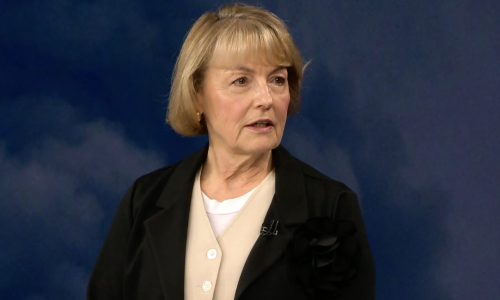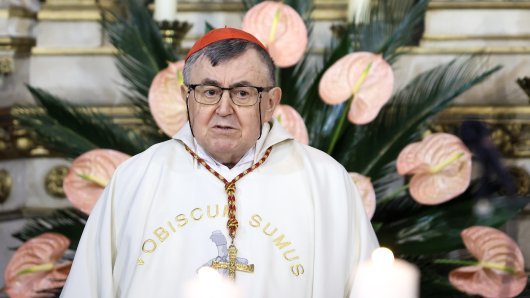French European Affairs Minister Thierry Repentin and German Foreign Ministry Minister of State Michael Link in Zagreb on Monday welcomed Croatia to the European Union, saying their visit was primarily symbolic.
I came here with Michael Link for a joint visit whose importance is primarily symbolic. We came to jointly welcome Croatia to the EU, Repentin told reporters after he and Link met with Croatian First Deputy Prime Minister and Foreign and European Affairs Minister Vesna Pusic.
Croatia's accession to the EU on July 1 is important not only for Croatia or France or Germany but for the entire Europe, because Croatia's accession is an essential element in the reunification of our continent, said Link.
Pusic said this joint visit by the ministers was an honour and a recognition to Croatia as well as a sign and a symbol of what Europe and the EU brought - the possibility of joint action, friendship, and cooperation.
She congratulated Repentin and Link on the 50th anniversary of the Elysee Treaty whereby France and Germany agreed to reconcile and which led to the establishment of French-German friendship and partnership.
My colleagues and I believe that Croatia's EU accession is a sign to all the countries in the region that this is possible, that there is a way to successfully carry out reforms, and that all Southeast European countries have a European perspective, said Pusic.
She added that Croatia would continue to be actively involved and cooperate with the countries in the region, helping them on their EU path by sharing all the translated EU documents as well as through the Centre of Excellence, the Croatian House and cross-border projects.
A parallel can easily be made between what Germany and France achieved and what Croatia can do for its neighbours in the Balkans, said Pusic.
Link confirmed that the German parliament's lower house would ratify Croatia's EU accession treaty on Thursday and the upper house in the first week of June.
Asked by the press why Germany would be the last member country to ratify the treaty, he said it was not because of Croatia but Germany's legislation. Our constitution stipulates our schedule, he said, adding that Germany had still not ratified the fiscal pact although it was one of the priorities for Germany and the EU.
Pusic said the next goal for Croatia was to meet the Schengen requirements and that it was actively working on this. One of the important elements in that project is connecting Croatia's south with the rest of the country, she said, adding that a preliminary feasibility study had shown that a bridge was the best solution.




































